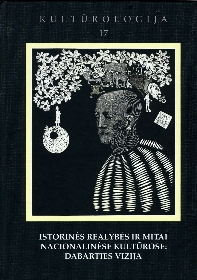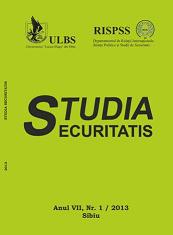
GEMEINSCHAFTS- UND RICHTLINIENKONFORME AUSLEGUNG
TUMAČENJE U SKLADU SA EVROPSKIM PRAVOM I DIREKTIVAMA
Keywords: Methodenkanon; verfassungskonforme Auslegung; europarechtskonforme Auslegung
Die vier klassischen Auslegungsmethoden, wie sie in Methodenkanon von Savigny beschrieben wurden, gelten weiterhin als Grundlage der Rechtsauslegung. Im 20-ten Jahrhundert sind weitere Methoden entstanden, wie die rechtsvergleichende Methode, die verfassungskonforme Auslegung und europarechtskonforme Auslegung. Die europarechtskonforme Auslegung, kann dank ihres spezifischen Rechtscharakters und des Fortschrittes der Integration, als autonome Methode beschrieben werden, mit einer eigenständigen Rolle in der Rechtsdogmatik. Die autonome Auslegung des Europarechts ist funktionell mit der verfassunskonformen Auslegung vergleichbar, nur auf der Ebene der Mitgliedsstaaten. So ist die Verfassung nicht mehr der letzte rechtliche Maßstab. Ebenfalls vergleichbar mit dem Verfassungsrecht, entsteht eine gemeinsame Struktur und Koherenz, unterstützt durch den Loyalitätsgrundsatz und effet utile. Immer wenn Gerichte Recht auslegen, insbesondere wenn sie Rechtslücken füllen oder die Normen korigieren, stellt sich die Frage der Auslegungsgrenzen. Als Auslegungsgrenzen werden weiterhin die klassischen Grenzen praeter und contra legem benutzt. Es besteht kein Muster, dass bei jeder Entscheidung benutzt werden kann.
More...

